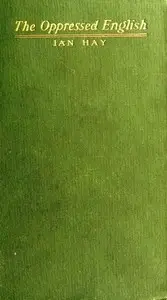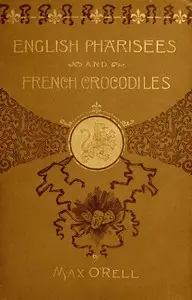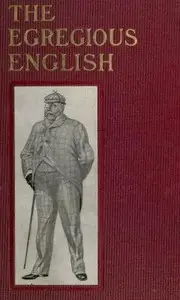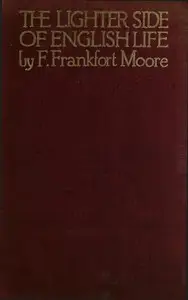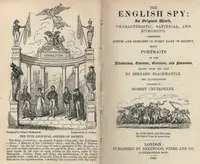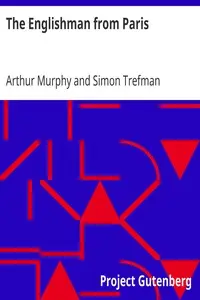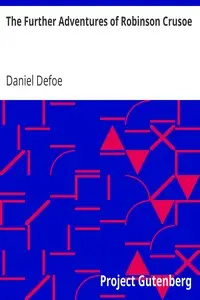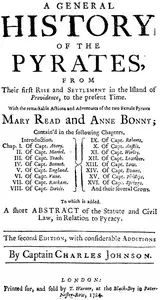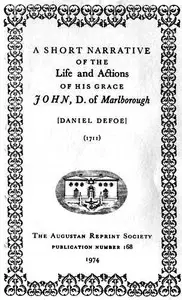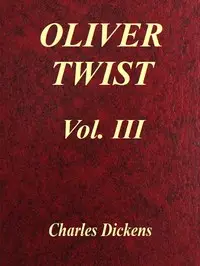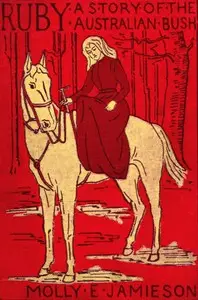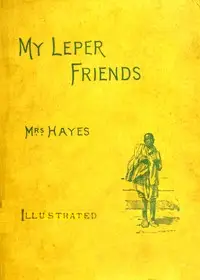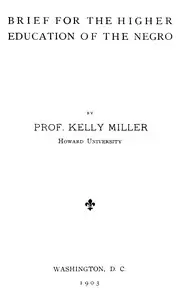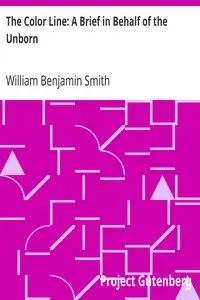"The True-Born Englishman: A Satire" by Daniel Defoe is a satirical poem that pokes fun at the idea of a truly "English" identity. The poem argues that the English are a blend of many different cultures due to invasions and migrations throughout history. Defoe uses humor to tear down the idea that being "purely" English is something to be proud of, since everyone's ancestors came from somewhere else. He points out the silliness of looking down on foreigners when English identity itself is built on foreign influences. The overall message is that how we act and what we value are more important than where our ancestors came from.

The True-Born Englishman: A Satire
By Daniel Defoe
Find out how a funny poem turns the idea of being "purely" anything on its head, showing that mixing things up makes us who we are.
Summary
About the AuthorDaniel Defoe was an English novelist, journalist, merchant, pamphleteer and spy. He is most famous for his novel Robinson Crusoe, published in 1719, which is claimed to be second only to the Bible in its number of translations. He has been seen as one of the earliest proponents of the English novel, and helped to popularise the form in Britain with others such as Aphra Behn and Samuel Richardson. Defoe wrote many political tracts, was often in trouble with the authorities, and spent a period in prison. Intellectuals and political leaders paid attention to his fresh ideas and sometimes consulted him.
Daniel Defoe was an English novelist, journalist, merchant, pamphleteer and spy. He is most famous for his novel Robinson Crusoe, published in 1719, which is claimed to be second only to the Bible in its number of translations. He has been seen as one of the earliest proponents of the English novel, and helped to popularise the form in Britain with others such as Aphra Behn and Samuel Richardson. Defoe wrote many political tracts, was often in trouble with the authorities, and spent a period in prison. Intellectuals and political leaders paid attention to his fresh ideas and sometimes consulted him.

